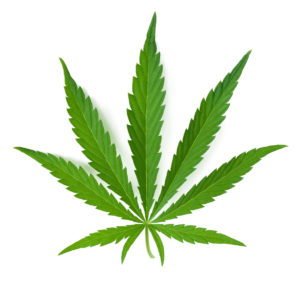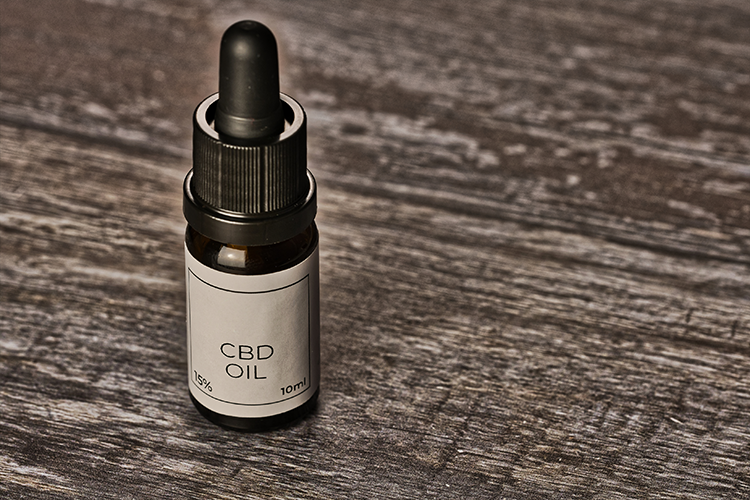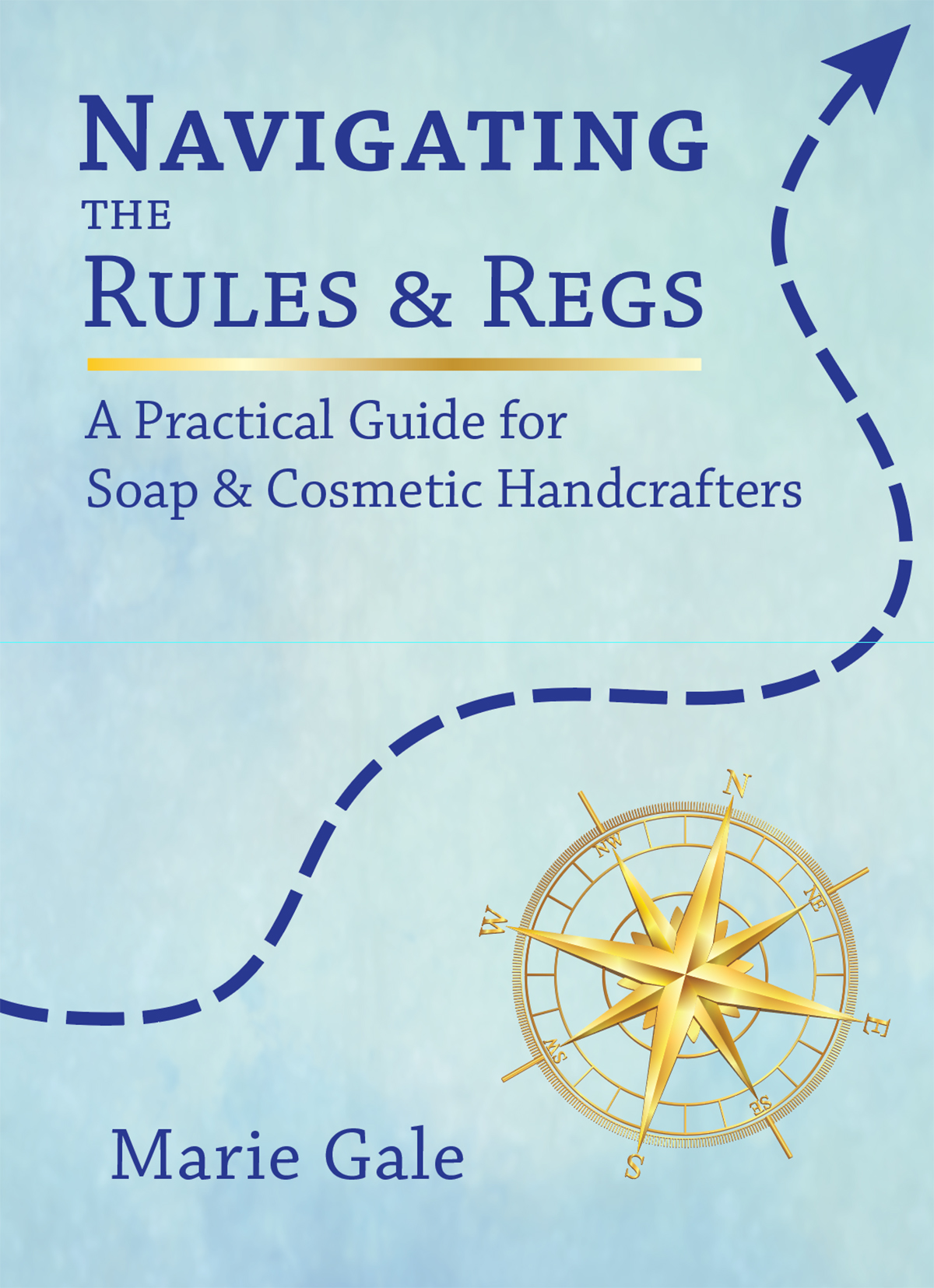The FDA sent out 15 warning letters last week (Nov. 2019) to companies that are illegally marketing products containing CBD. I thought it might be interesting to take a look at what the FDA is going after and why.
The FDA’s Position
First, let’s review the FDA’s position on the marketing of products containing CBD.
The FDA has acknowledged what we all know; there is a LOT of interest in CBD products.
In December, 2018, the 2018 Farm Bill1 was signed into law. It covered a whole host of things concerning farming, but most importantly removed hemp from the controlled substances act. In the bill, hemp was defined as: all parts of the Cannabius sativa L. plant, whether growing or not, with a THC concentration of not more than 0.3%. Note that cannabis with more than 0.3% THC (the stuff that gets you high) is NOT covered by the Farm Bill.
CBD Products as a Treatment
Under the Food, Drug and Cosmetic Act, all products that are intended to have a therapeutic or medical use and any product that is intended to affect the function or structure of the body is a drug. Drugs must have pre-market approval by the FDA. It is a lengthy, detailed, and expensive process during which the treatment must be proven both safe and effective.
The FDA has approved several drugs that are cannabis-derived or cannabis-related, to treat seizures in certain circumstances and anorexia assocated with weight loss in AIDs patients. These drugs are only available by prescription.
CBD Products as Dietary Supplements
The FDA has determined that products containing CBD cannot be sold as dietary supplements. They are excluded from the definition of a dietary supplement based on several sections of the Food Drug and Cosmetic Act.

CBD Products as a Food
Products containing CBD cannot be sold as a food. No food may contain an ingredient that has been approved as a drug or for which substantial clinical investigations have been instituted. This is the same law that prohibits food manufacturers from including, say, Viagra or Prozac in a food. Since CBD-related drugs have already been approved, CBD cannot be included in a food.
However, the FDA determined the safety of three hemp seed-derived products and classed them as GRAS (Generally Regarded As Safe). They are: hulled hemp seed, hemp seed protein powder, and hemp seed oil. [If you’ve been making soap or cosmetics with hemp seed oil, you’re okay.]
CBD Products as Animal Food (or Animal Food additives)
As with food for humans, animal food cannot contain an ingredient that has been approved for use as a drug. Therefore, CBD products cannot be used in animal food or feed.
CBD Products as Cosmetics
Cosmetics don’t require premarket approval by the FDA and the restrictions concerning inclusion of an already-approved drug don’t specifically apply to cosmetics. That said, any cosmetic is illegal if it is adulterated or misbranded. A cosmetic generally is adulterated if it bears or contains any poisonous or deleterious substance which may render it injurious to users under the conditions of use prescribed in the labeling, or under such conditions of use as are customary or usual. So far the FDA hasn’t issued any warnings for straight cosmetics that include CBD oil.
However, even if a product is generally considered a cosmetic (such as a moisturizer or lipstick) IF there are any claims that the product will treat, mitigate, or prevent disease, or that it will alter the function or structure of the body, then it is an unapproved new drug, NOT a cosmetic. And as an unapproved new drug, it is illegal to market it.
Warning Letters
The 15 warning letters issued last week covered a myriad of producs and claims. To give an idea of what CBD products are being sold (and what claims are being made for them!) I’ve compiled a little list. This is by no means a complete list!
Products Listed as Being Sold Illegally:
Following is a list of some (not all) of the products that were cited. I’ve organized them into product type as much as possible. All these products contained CBD oil or extract; all these products claimed to cure or treat something. Many of the food products were intended for children.
Food (and Candy for Children)
- CBD Gummies
- CBD Infused Shot
- Nighttime Ageless Serum
- Asteroid Gummies
- Non-Dairy Creamer
- Sweetened Dropper
- Hibiscus Tea
- Banana Chips
- Peach Rings
- Sour Worms
- Sour Bears
- Watermelon Rings
- Yummy Bears Gummies
- Organic Gummie Bears
- Sour Brats Gummies
- Peanut Butter
- Chocolate Bar
- Cookies (various flavors)
- Native CBD Water
Human Drugs
- CBD Healing Balm
- Topical Relief Cream
- CBD Oil Drops
- Afterglow Healing Oil
- Nano Enhancer
- Nano Freezing Topical Cream
- Sleep Tincture
- Pain Salve
- Pain Relief Cream
- Muscle Relief Cream
- Freeze Cream
- Relief Rub
- Weight Loss Oral Spray
Vape Products
- CBD Vape Pen
- CBD Vape Oil
- Disposable Vape Cartridge
Cosmetics
- Lotion
- Daytime Ageless Moisturizer
- Face Moisturizer
- Collagen, Retinol & CBD Cream
- Tattoo Care Cream
- Eye Repair Cream
- Face Mask
- Lip Balm
- Sheet Mask
- Skin Rejuvenation Lotion
- Lip Therapy
- Hemp Lotion
- Bath Bombs
- Facial Cleanser
- Neck & Decollete Cream
Dietary Supplements
- Full Spectrum CBD Tincture
- Sunmed Tincture
- Super Good Vibes
- Softgels
- Softgels for Kids
- CBD herbal Drops
Pet Food
- CBD Soft Chews
- Vegan Bacon Pet Oil
- Bacon Dog Treats
- Pet Bark Bits Beef
- Dog Lamb Bits
- Dog Treats (Beef)
- Chill Chews for Dogs
- Livestock Pellets
- Organic K9 Oil
Pet Drugs
- CBD Enflame
- CBD Rx
- CBD Defend
- CBD Spray for Pets
- CBD Oil for Pets
- Pet Tincture
- Pet CBD Oil
Some of the Things Claimed to Treat:
The number of things that CBD oil is touted to treat is astonishing. Probably too astonishing, given that so far no actual treatments have been proven and approved. Given the wide array of claims, it’s really not that surprising that the FDA is starting to crack down. These are most of the claims that were cited in the warning letters:
- opiod withdrawal
- allergies
- congestion
- nausea
- migraines
- headache
- hangover
- colds
- dizziness
- pain
- inflammation
- acne
- chronic pain
- reduce cholesterol
- free radical damage
- muscle relaxant
- arthritis pain
- back & neck pain
- flu
- bruises
- psychosis
- schizophrenia
- PTSD
- depression
- anxiety
- bipolar disorder
- insomnia
- brain chemical imbalances
- social phobias
- smoking addiction
- heroin addition
- withdrawal symptoms
- drug relapse
- breast cancer
- lung & color cancer
- brain cancer
- autism
- Tourette’s syndrome
- Epilepsy
- psoriasis
- eczema
- eye puffiness
- sciatica
- nerve damage
- “most skin ailments”
- panic disorder
- OCD
- obesity
- hypoxia-ischemia injury
- sleep apnea
- leukemia
- fibromyalgia
- diabetes
- MS
- Crohn’s disease
- arthritis
- Irritable Bowel Syndrome
- Parkinson’s disease
- Mad Cow disease
- Alzheimer’s
- Huntington’s disease
- Rheumatoid arthritis
- seizures
- antibiotic resistant infections
- auto-immune disorders
- gout
- yeast infection
- bacterial infection
Where the FDA Looks
In the warning letters, the FDA quoted information published about the products. Places they looked and cited:
- Webiste product pages
- Website informational pages
- Studies and information linked to from the websites
- Testimonials
- Facebook pages & posts
- Instagram posts
- Twitter posts
- YouTube videos
Final Comments
Normally I finish out a post with my final comments or a summary of the information. Honestly, in this case, I just don’t know what to say. The list of products and the claims made for them is over-the-top.
The only thing that comes to mind is, “Seriously?”
- Agriculture Improvement Act of 2018, Pub. L. 115-334 ↩︎



Leave a Reply